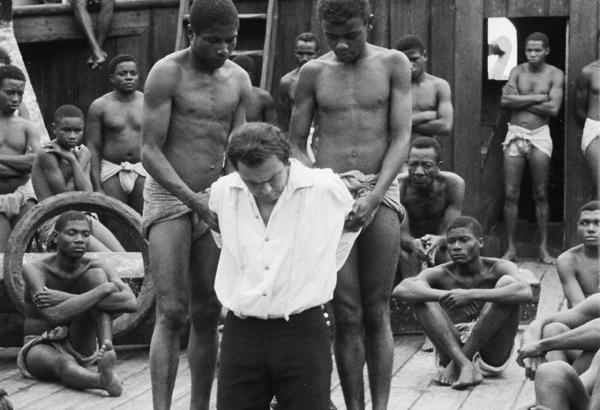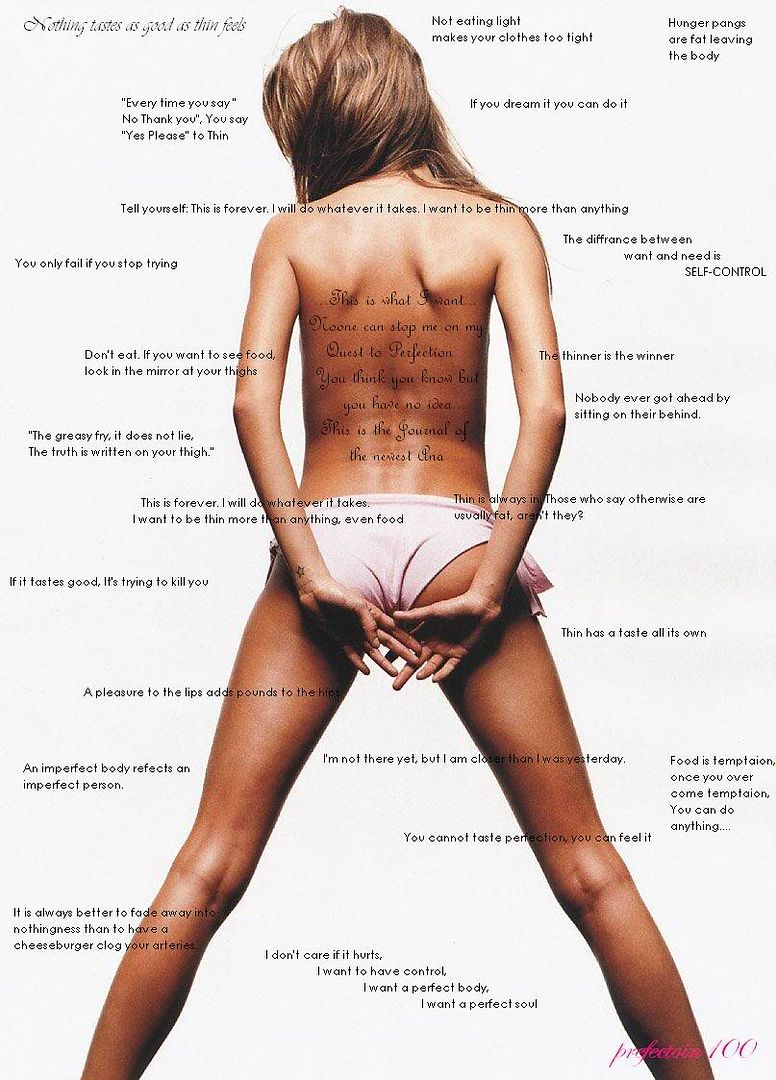


I will be the first to admit that American Masterworks has truly gave me new insightful views on America and its literature.
AMERICA
1.Predestination: When one was born, they were already condemned to hell or saved in heaven.One should live their life good in case they were to be saved in heaven. I thought it utterly depression and fearful that one cannot save themselves and that they were already predetermined. What is the point of being a good person if I was already going to hell? That is why people established their class. If they lived an honorable and noticeable life, then everyone in the community would believe that they were already saved. You were damned if you did and damned if you didn't.
2.Salem Witch Trials: I learned just how really frustrating these trials were. It was cool how Hawthorne changed a letter in his name so as not to associate with a family member who was a judge in these trials. But I did not truly realize how bandwagon these trials actually were. Annoying! If one wanted to cover their butts they would accuse another of witchcraft and all the young girls would fake symptoms. Also, the fact that people quit lying to save themselves. They would rather die and be with God than lie and say that they were a witch to save their physical being. How brave and inspiring. It makes me wonder what my choice would be. These trials truly were horrible because it was based on a bunch of bologna.
3.Spectral Evidence: I had no clue what this was. It is bogus to condemn people to death based on visions. That is equivalent of me saying that I had a vision that McCay was killing her husband and she was sentenced to death because her husband happened to stub his toe after that. Let's get real. This evidence had no scientific or reliability at all. Absurd!
4. Slavery:It was so interesting to read different opinions on slavery. It was better to be a slave in the North than the South of course, but one can never learn enough about the truth of this horrific time. I had no clue that some authors supported slaver (Poe). He supported the hierarchy and people actually believed that black people were physically inferior. One person even said that its the masters who are enslaved and not the slaves. The master is doomed to his own enslavement of slaves. Interesting. Never thought of it that way.
5. Self-examination: It was neat to see how self-examination came to be, especially through Ben Franklin. One can use basically use his list as a to do list to live up to one's potential. It is an easy 1-2-3. He included God to lure readers in, however, it really had nothing to do with God but one's self. These virtues enabled a person to basically be God-like material. The virtues can be more clearly viewed at this link 1-2-3 people!
LITERATURE
1.Dickinson:Was a recluse and wrote mainly about death. The only poem I really read about her was "Hope is the Thing with Feathers" so when I read more, I had no clue how depressing she was. I mean, who wants to think about death all the time. It was nice to get an overview of her themes in poems instead of assuming all of them were light and airy.
2.Whitman: SEX! Whitman had numerous sexual symbols in his poems. He viewed it as the single, most powerful thing two people can share and Whitman wanted to share that. Others critics of course misinterpreted it and were astonished that sex was mentioned in poems in the 1800s.
3.Poe:He supported slavery. He believed in the hierarchy and was SO depressing. He tried to immortalize himself in his writings an struggled against time. Time killed in his pieces. Death is in each person and he identified and remorse was preceded by an action while guilt is preceded by innocence or an action. It was nice to finally get a background on this standout writer and get his opinions on actual life.
4.Sinners in the Hands of an Angry God: People were scared sh*tless of God. When people were God fearing and scared into obeying him. If they did not they would burn and be tortured in hell. This was based on the old testament but God was not the all forgiving God, but a vengeful, wrathful God. Interesting to see what kept people in line.
5. Thoreau: Civil Disobedience kicked a$$. I agree with disobeying laws that are unjust. More people need to be brave and stand up. He spent a night in jail for what he believed in. He did not support what he did not believe in (including those wretched taxes). It created change and the government and law systems are many times corrupt and not right. How inspiring to read about a person back then with these brave, different views. I would be scared not to conform, yes, I would have been a coward in that sense. I mean look at the Salem Witch trials, people are looney at times. However, this piece has helped me develop a more sense of where my opinions stand on politics. It made me more confident and inspired.
HOW THESE THINGS HAVE CHANGED MY VIEWS:
This class has given me not only a lesson on American Literature, but on history. I have learned more in this class than I ever did in my history classes. It all connected and made sense. I remember more since it relates to novels I like to read and explain why many authors wrote the way that they did. I was able to actually understand the stories FINALLY with the historical background on which they were written. I am a more solid person with how society has evolved now and cannot wait to read more on these authors and actually understand all the CRAP I WAS NOT TAUGHT IN HIGH SCHOOL! Thank you McCay, I can actually have intellectual opinions now since I understand the writings and why they were written and critiqued. I did not realize how much history has impacted this.









